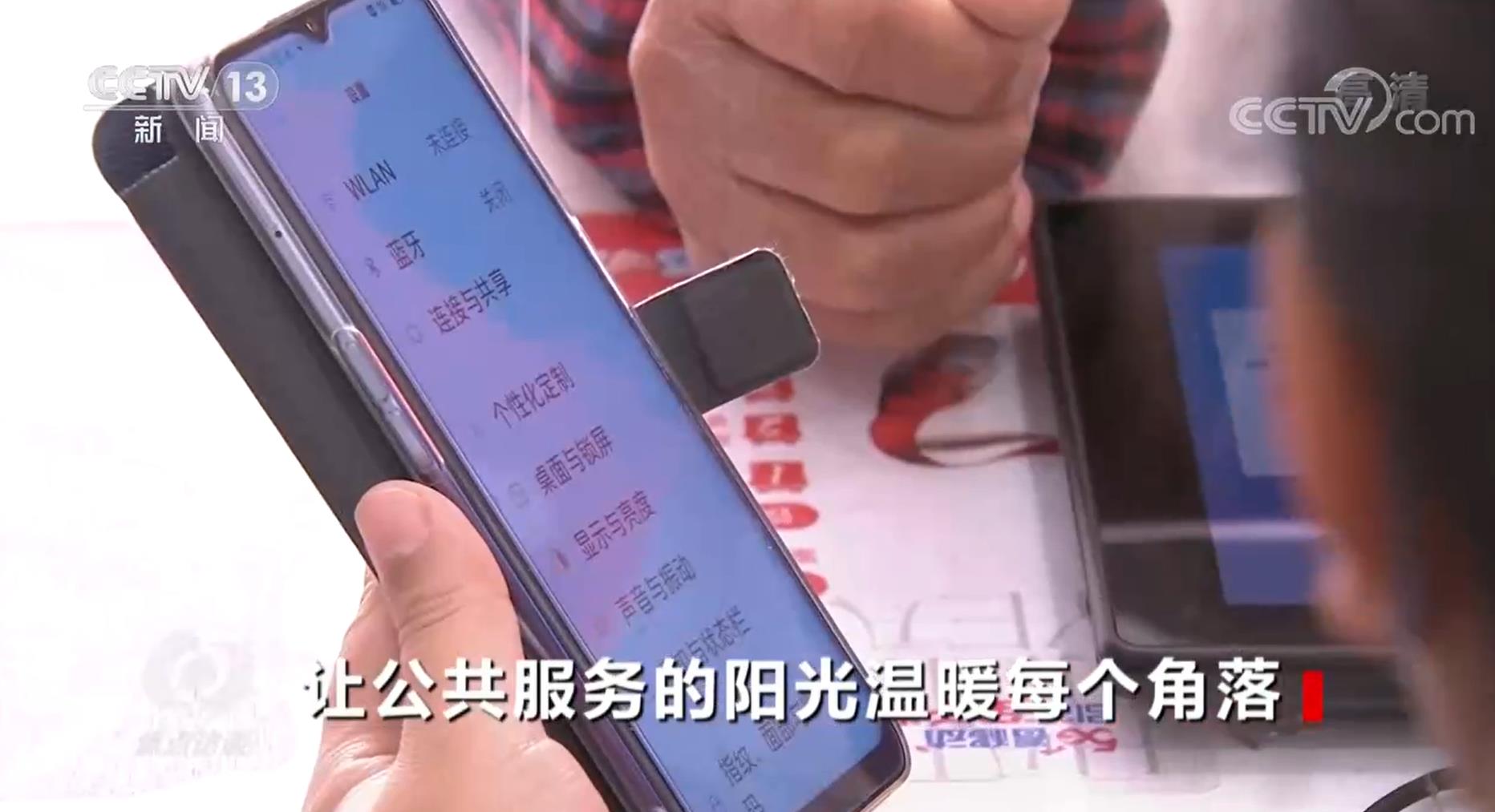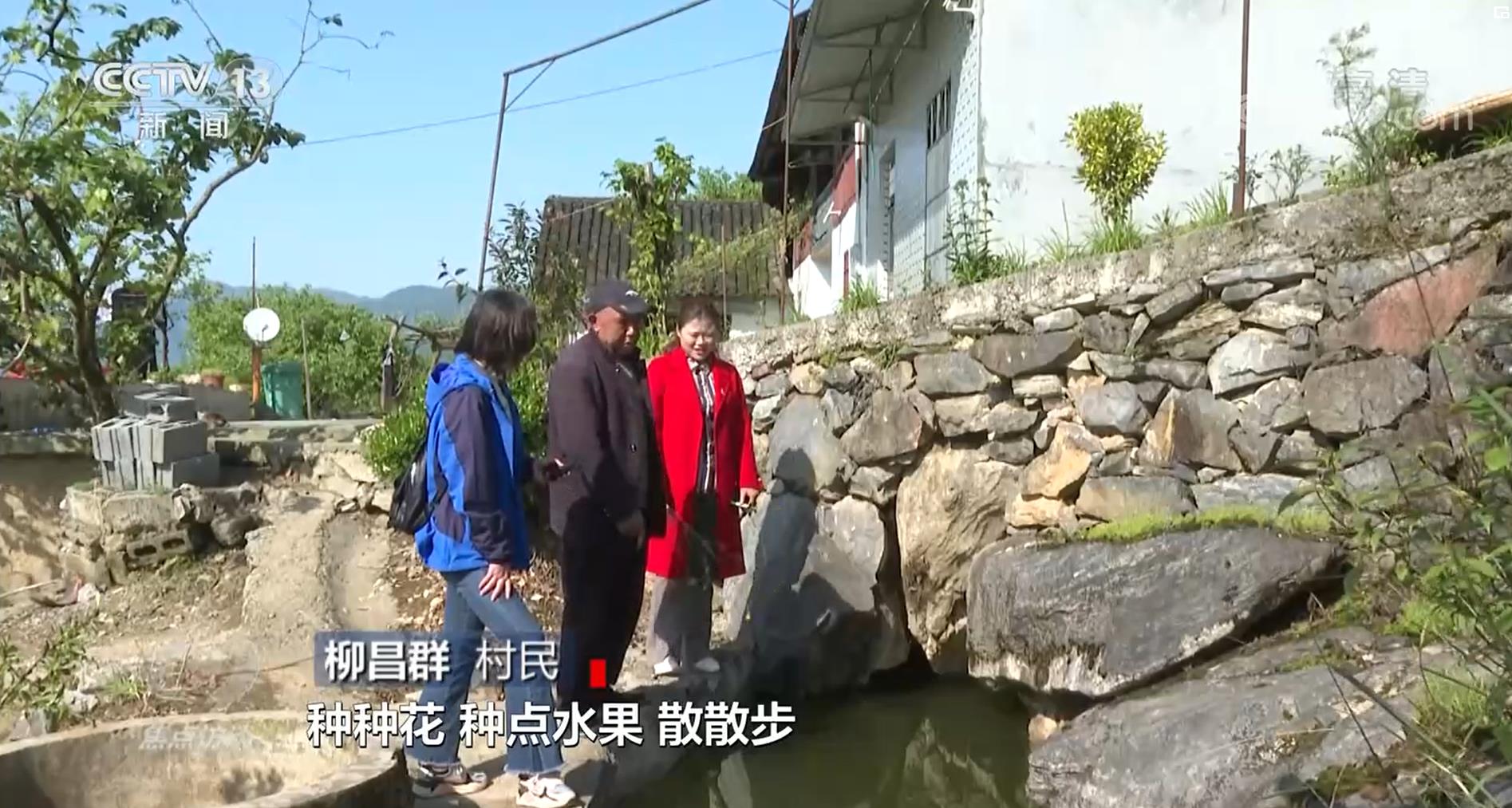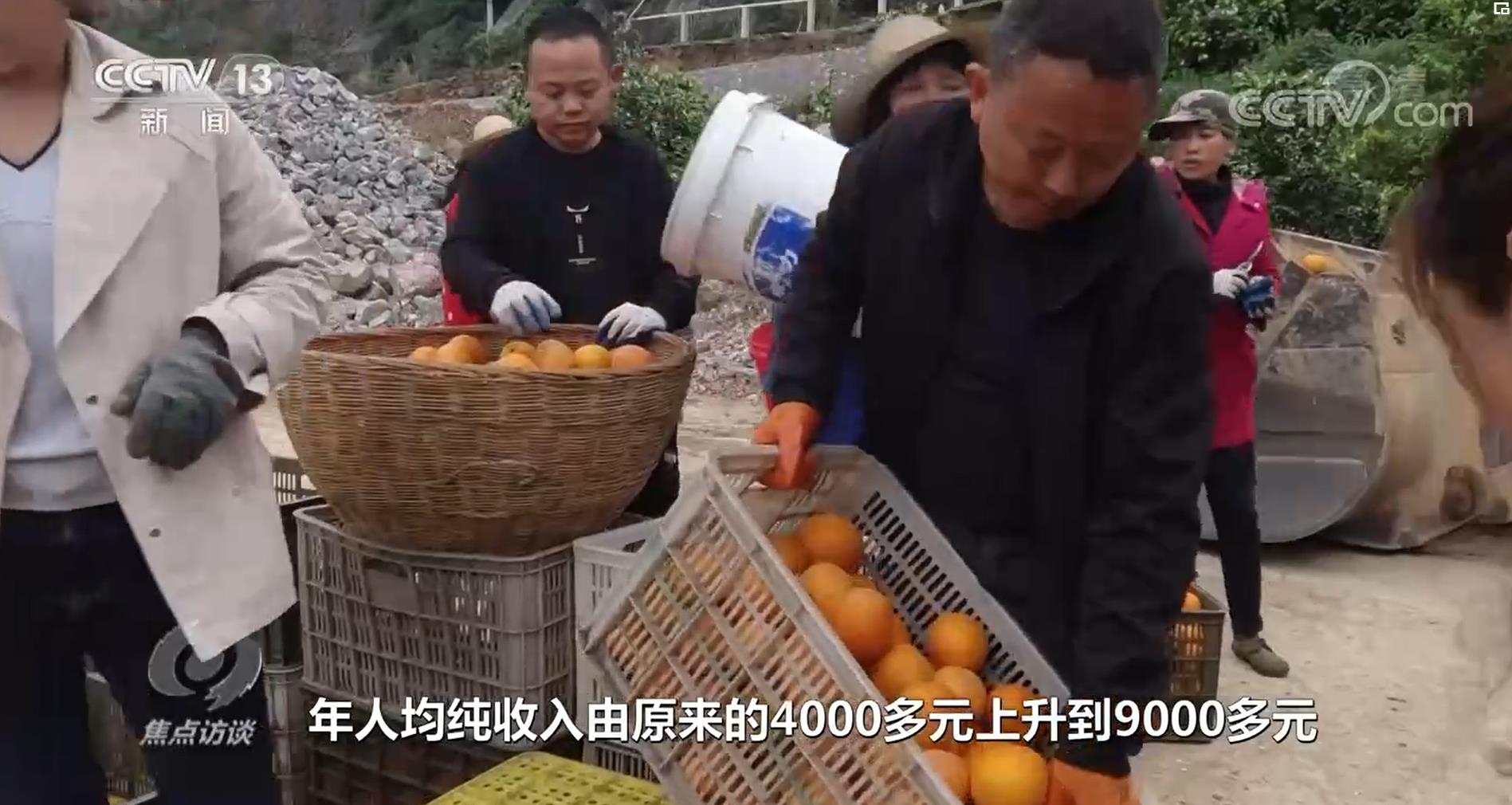Cctv news(Focus Interview): When it comes to Shanghai, the first thing people think of is that it is a modern metropolis with a population of more than 20 million, with fast-paced urban life, splendid night view of Pujiang, convenient transportation and extending in all directions. But more than 60 kilometers away from Shanghai, there is an island that relies entirely on ferries for external traffic — — In hengsha island, communication is very important to people here. In order to ensure the smooth communication of residents on the island, there is a telecom business hall with only one salesperson on the island.
Wednesday is the external service time of Shanghai Mobile’s hengsha island business hall. At 6: 30 in the morning, Shi Hua, an employee of Shanghai Mobile Chongming Branch, set off by car. She had to arrive in hengsha island 30 kilometers away before 9: 00.
Hengsha island is located at the mouth of the Yangtze River, which belongs to Chongming District of Shanghai. There is no big industry here, and the external traffic depends on ferries. There are more than 30,000 people on the island, and one third of them are elderly people. In order to facilitate the business of users on the island, Shanghai Mobile Company opened this small business hall here, which is open for two days every Wednesday and Saturday. Every day, one staff member goes to the island to provide offline communication services for more than 8,000 users, and six staff members are in shifts. Shi Hua is one of them. It was her turn to go to the island this Wednesday. Because she left early, Shi Hua caught the early ferry and arrived at hengsha island business hall at 8: 15 in the morning. There are still 45 minutes before the opening time at 9 o’clock, and at this time, there are already elderly people waiting to do business at the door of the business hall.
The 81-year-old Huang Youming’s mobile phone suddenly stopped serving. The children who work in Shanghai have to call him every day, and the mobile phone can’t get through. The old man is very anxious.
Most of the young people on the island work and live in Shanghai. The main service object of this 10-square-meter business hall is the old people who stay on the island. Unlike young people who can handle business by operating mobile phone software and calling customer service, elderly people are more willing to handle business in the business hall of the entity. Through the system query, Shi Hua found that the mobile phone card of the elderly was handled before, and there was no real name registration, so the communication service was suspended.
After registration in real-name registration system, the old man’s cell phone call was quickly restored.

Different from other business halls, the staff in hengsha island Business Hall have to face more elderly people and need to be more patient in their work.
Hengsha island’s only mode of external transportation is ferry, and it takes half a day to get in and out of the island at the earliest. In windy and foggy weather, ferry suspension is also common. Convenient communication service is especially important for the elderly, which avoids the fatigue of the elderly on the island.
The business scope of this 10-square-meter business hall on Hengsha Island is mainly the most basic business services such as package handling, package inquiry, payment and card replacement. From the perspective of economic benefits alone, building a business hall on this small island with only more than 8,000 users will not bring much benefit.
Although there is no economic benefit, a small business hall like this can make the residents of Hengsha Island, especially the elderly left behind, get intimate and convenient communication services and warm people’s hearts. And such special public services for minority people also exist in the depths of the mountains in Yichang, Hubei Province, where more special public services have been invested, which has also brought earth-shaking changes to the lives of local villagers.
Group 7 of Longchi Village in Yuxiakou Town used to be called "Liushan", with an altitude of more than 600 to 1,300 meters. Although the Qingjiang River is at the foot, it is difficult to store and preserve water because of its karst landform, and the problem of water shortage was once very serious. Since ancient times, there has been a saying that "listen to the sound of water and watch the current, and people are worried about water on the mountain". Speaking of the lack of water in Longchi Village before, what impressed Liu Changqun, the old branch secretary, the most was that they used to rely on the sky to draw water, and large and small depressions were reservoirs.
This pool in front of us is the water cellar dug by Liu Changqun to store rainwater in the past. In the past, in the dry season, we had to fetch water from the pond or river at the foot of the mountain. The mountain road is rugged, carrying more than 50 kilograms of water, and it takes at least one hour to go back and forth.
For many years, drinking clean tap water is the biggest wish of the people in Longchi Village. There is no high-level reservoir near Kecun, and there is no mountain spring water. Pumping water from Zhaolaihe Reservoir at the foot of the mountain up the mountain, lifting more than 600 meters vertically, is difficult to build and costly, and the problem of draught has always been a problem that puzzles everyone.
In order to solve the drinking water problem of villagers, in 2018, the county party committee and county government invested more than 1.7 million yuan to start the construction of centralized water supply project in Liushan area of Longchi Village. But if you want to divert water, finding the water source is the key. The village cadres climbed the cliff six times before and after, and everyone finally found a spring with abundant water in the dense forest of nearby Zhaolaihe Village. However, there is a canyon more than 1480 meters wide and 600 meters deep between Zhaolaihe Village and Liushan Mountain. With such complicated geographical conditions, how can we bring water here? The water conservancy department boldly thought of a way, that is, to set up a flying line on the hills on both sides to lead the water in the air.
In August 2018, this seemingly whimsical "flying line" project was officially started. The two ends of the "flying line" are located in the sixth group of Liushan and Zhaolaihe villages respectively. It is difficult to build a 7500-meter-long aerial water pipe between the two alpine cliffs belonging to the two villages.
The flying line construction is difficult, and the materials and equipment can only be transported by the most primitive ships and carried on the shoulders. Under the severe cold and heat, it is extremely difficult and dangerous to carry out manual operations in the cliff jungle. After nearly a year’s hard construction, on June 3, 2019, the white spring water spewed out from the flying line pipeline, and the history of villagers eating "Tianhe River" in Liushan area of Longchi Village for thousands of years finally came to an end.
Great changes have taken place in people’s lives here since the mountain spring was connected. At the home of Liu Changqun, an old branch secretary, he greeted reporters with tea soaked in mountain springs.

Now Liu Changqun not only uses the mountain spring water flowing out of the pipeline to make tea and cook, but also uses it to wash clothes and water flowers, and lives a full life. The water cellar dug to store rainwater in those years has now been transformed into a pool by Liu Changqun, with flowers, fruits and trees planted around it, and the smelly pond in the past has become a small garden today.
With the improvement of infrastructure in Longchi Village and various policies to benefit farmers, more and more villagers who go out to work see the opportunity to return to their hometowns for development. Gan Chunyu, a Tujia girl born after 1980s, grew up in Longchi Mountain since childhood. From her name, we can read the longing for water entrusted by our parents. Before the water supply, she did well in the homestay industry in Wuhan. She learned that after the water supply at home, citrus and other industries developed and grew. She quit her job in a big city and returned to her hometown.
In Changyang Tujia Autonomous County, there are 12 flying lines like Longchi Village, which have solved the drinking water problem of 300,000 people in alpine and semi-alpine areas and effectively guaranteed the drinking water safety in rural areas.

Now that the spring water has attracted, the villagers have finally eaten safe water, developed characteristic industries, found a way to get rich, and the days are getting more and more prosperous. There are still many special public service projects like this, which have solved the pain points of people’s livelihood in a targeted manner and solidly improved the happiness, acquisition and security of ordinary people. As long as the people need it, our public services can’t be missing, and people’s livelihood security can’t be absent. On the road to a well-off society in an all-round way, no place can fall behind, and no one can fall behind. No matter in the deep mountains, at the seaside, no matter how far away, we will arrive.
